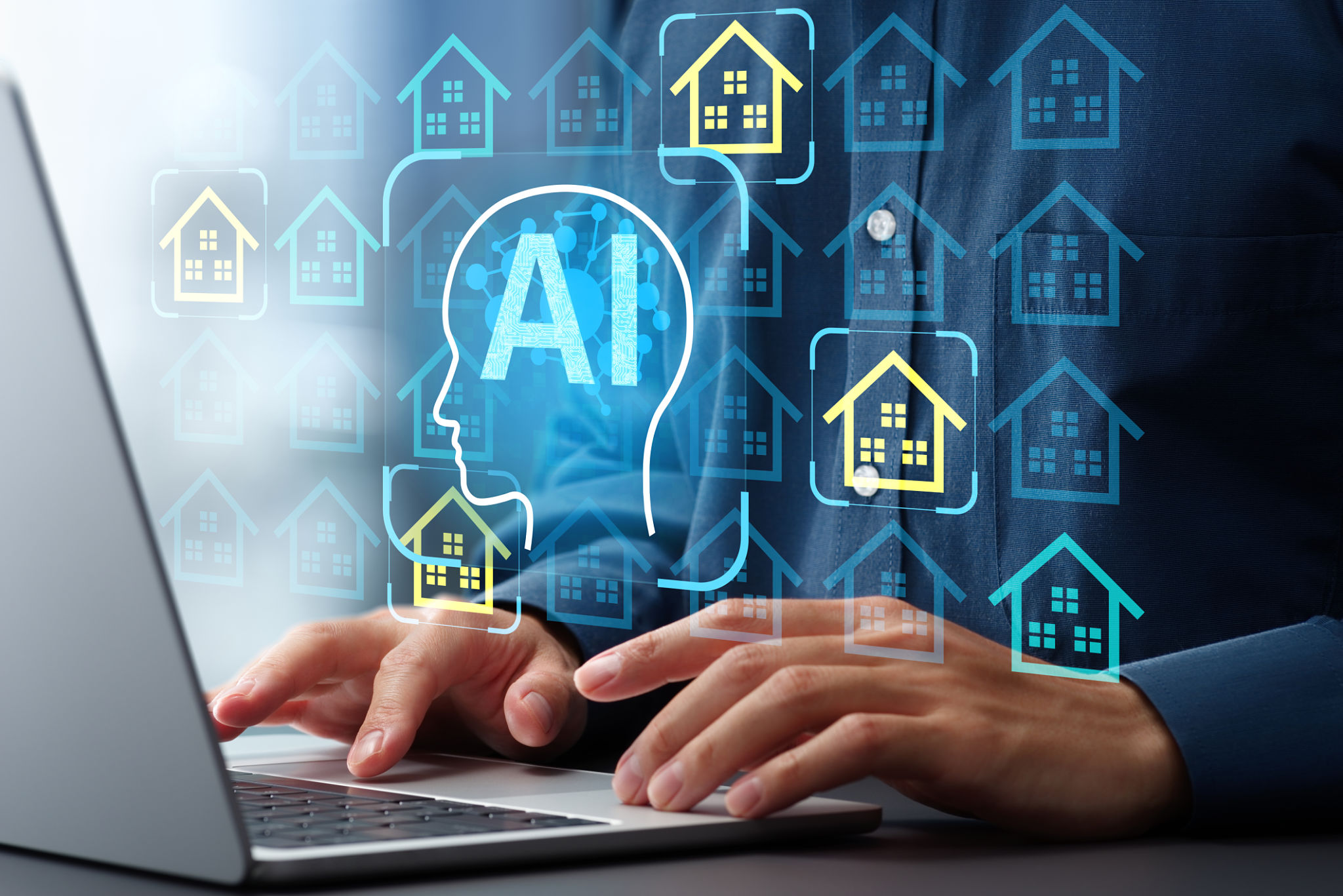Digital Transformation in Real Estate: Key Trends to Watch
Introduction to Digital Transformation in Real Estate
The real estate industry has traditionally been slow to adopt new technologies. However, the landscape is rapidly changing as digital transformation takes center stage. From property management to transactions, technology is reshaping how businesses operate and how consumers interact with real estate.
In this blog post, we will explore key trends in digital transformation within the real estate sector. These trends are not only enhancing efficiency but also providing a competitive edge to those who embrace them early.
PropTech: Revolutionizing the Industry
One of the significant drivers of digital transformation in real estate is PropTech, which refers to technology designed specifically for the property industry. PropTech encompasses a broad range of applications, from virtual reality tours to AI-driven analytics, making it easier for buyers and sellers to navigate the market.

Virtual and Augmented Reality
Virtual and augmented reality tools are providing potential buyers with immersive experiences that were previously unimaginable. With VR tours, clients can explore properties from anywhere in the world, saving time and resources. Similarly, augmented reality can help visualize changes to a property before they happen, such as remodeling or redesigning spaces.
Artificial Intelligence and Big Data
Artificial intelligence and big data analytics are transforming how real estate agents and firms make decisions. These technologies offer insights by analyzing vast amounts of data, allowing for better market predictions, personalized customer experiences, and efficient property management.
AI-powered chatbots are also enhancing customer service by providing instant support and information to potential buyers and tenants.

The Rise of Smart Buildings
Smart buildings are another trend gaining traction in the real estate sector. These buildings are equipped with IoT devices that allow for automated control of various systems such as lighting, heating, and security. This not only improves energy efficiency but also enhances the comfort and convenience of occupants.
Sustainability and Energy Efficiency
As sustainability becomes a priority for both consumers and businesses, smart buildings equipped with energy-efficient technologies are increasingly in demand. These innovations can significantly reduce operational costs while minimizing environmental impact.
Blockchain Technology: Enhancing Trust and Transparency
Blockchain technology is revolutionizing the way transactions are conducted in real estate. By offering a secure and transparent ledger for transactions, blockchain reduces fraud risks and increases trust between parties.

Smart Contracts
Smart contracts, powered by blockchain, automate the execution of agreements when predefined conditions are met. This technology streamlines processes such as lease agreements and property sales, reducing the need for intermediaries and accelerating transaction times.
Conclusion: Embracing the Future
The digital transformation in real estate is not just a trend but a necessity for staying competitive in today's market. By embracing these technological advancements, real estate professionals can enhance their operations, improve customer experiences, and ensure long-term success.
As these technologies continue to evolve, staying informed and adapting to changes will be crucial for those looking to thrive in the digital age of real estate.
